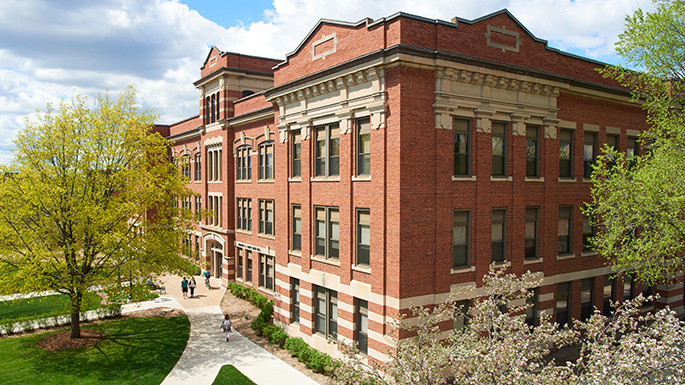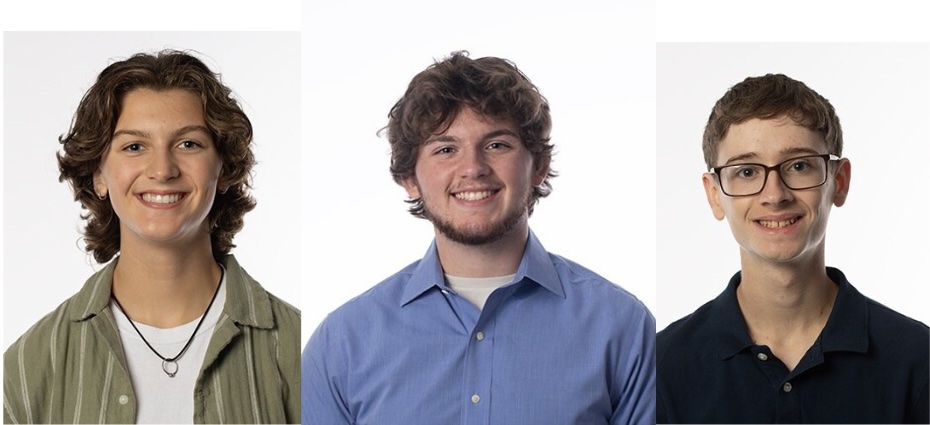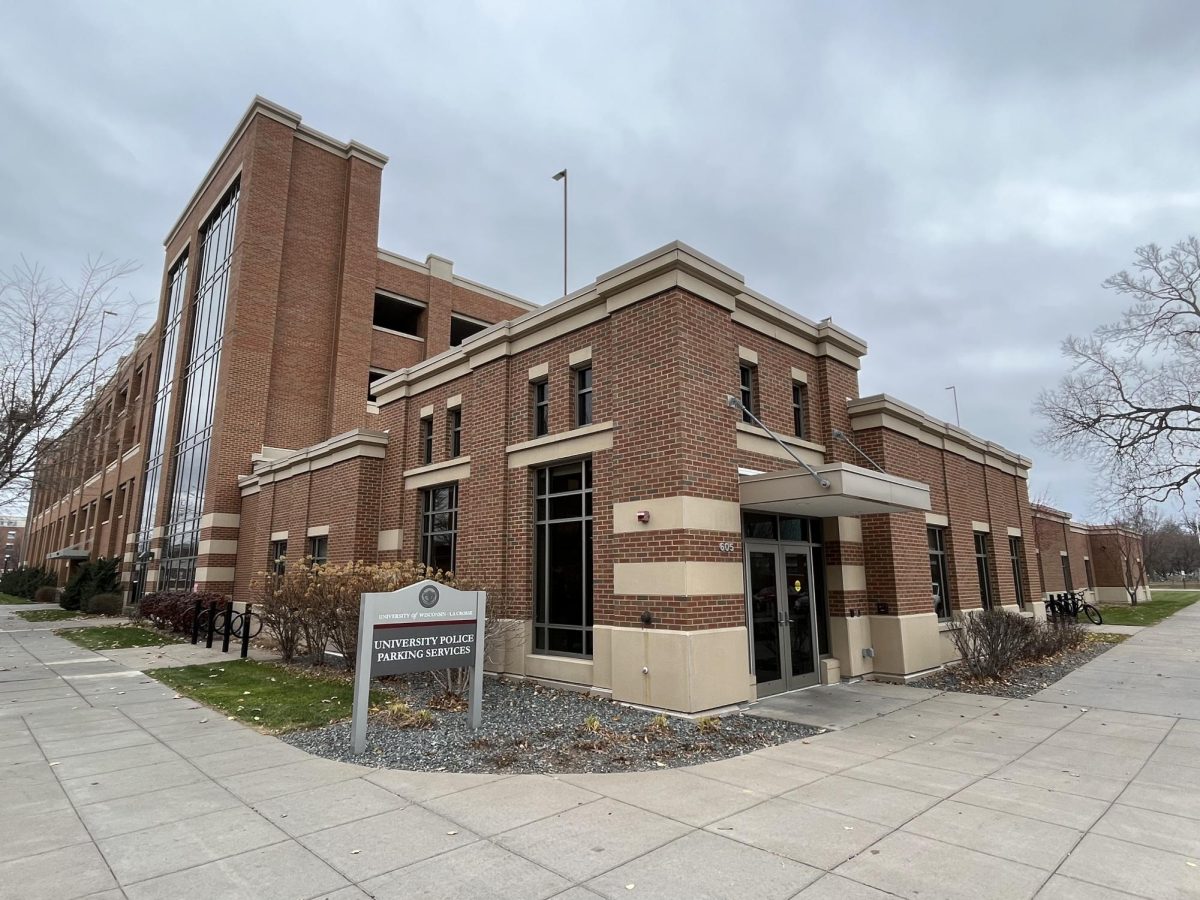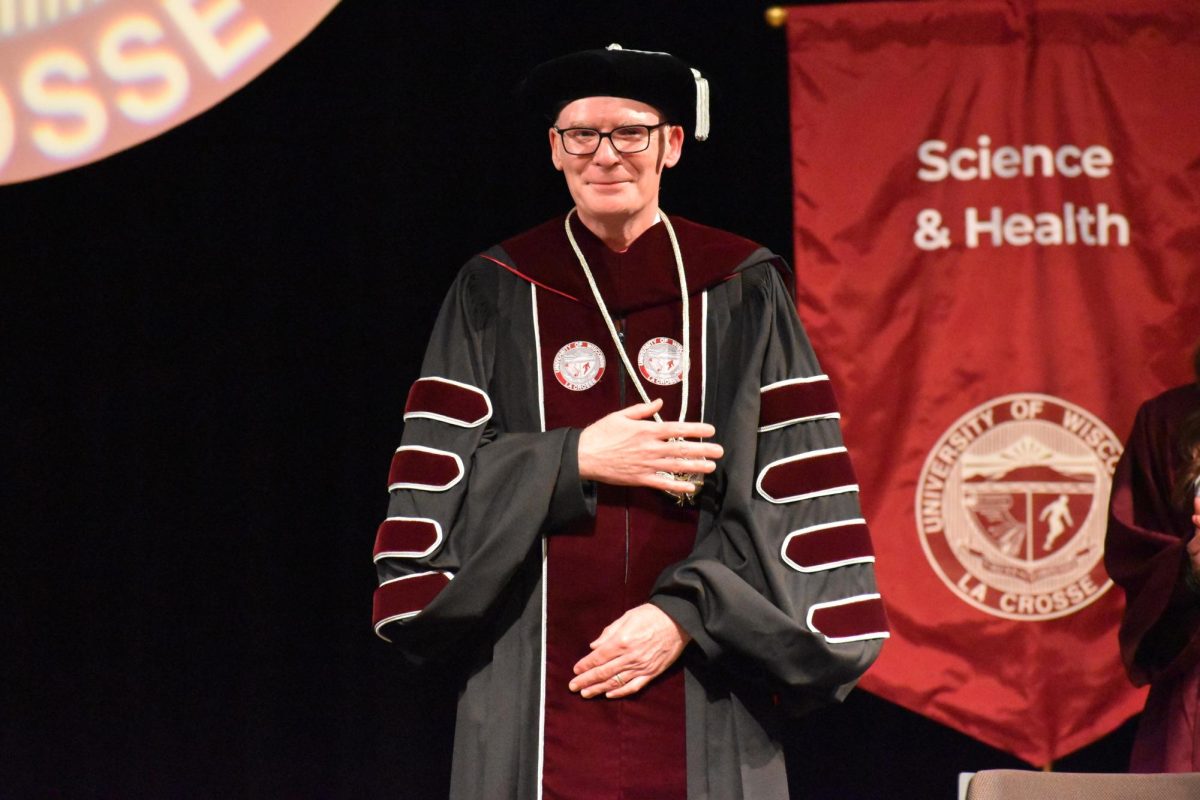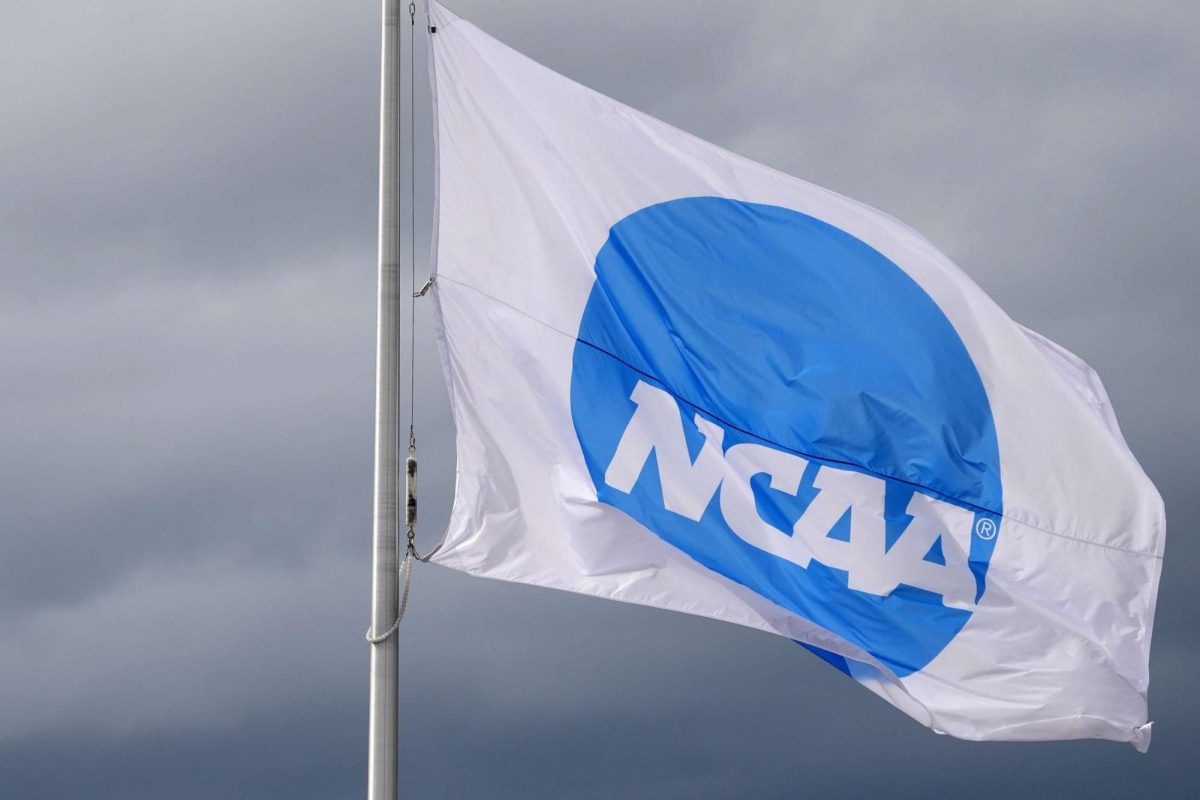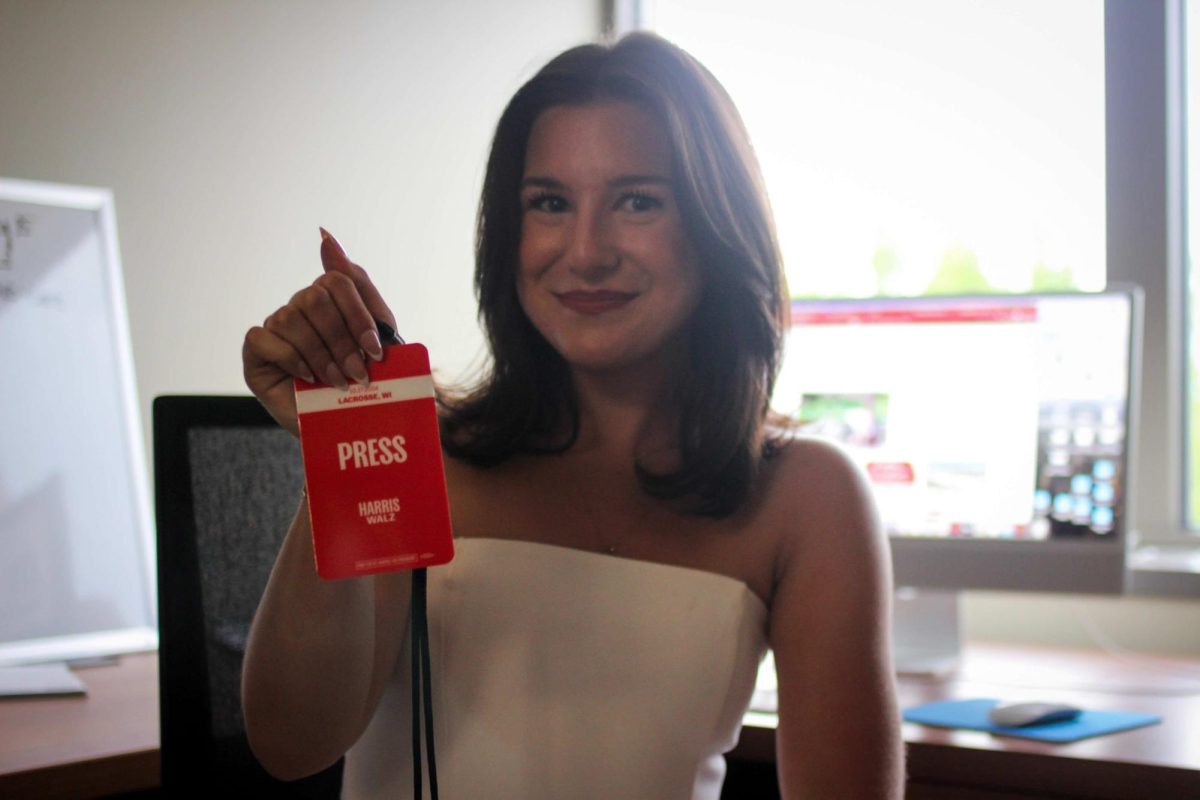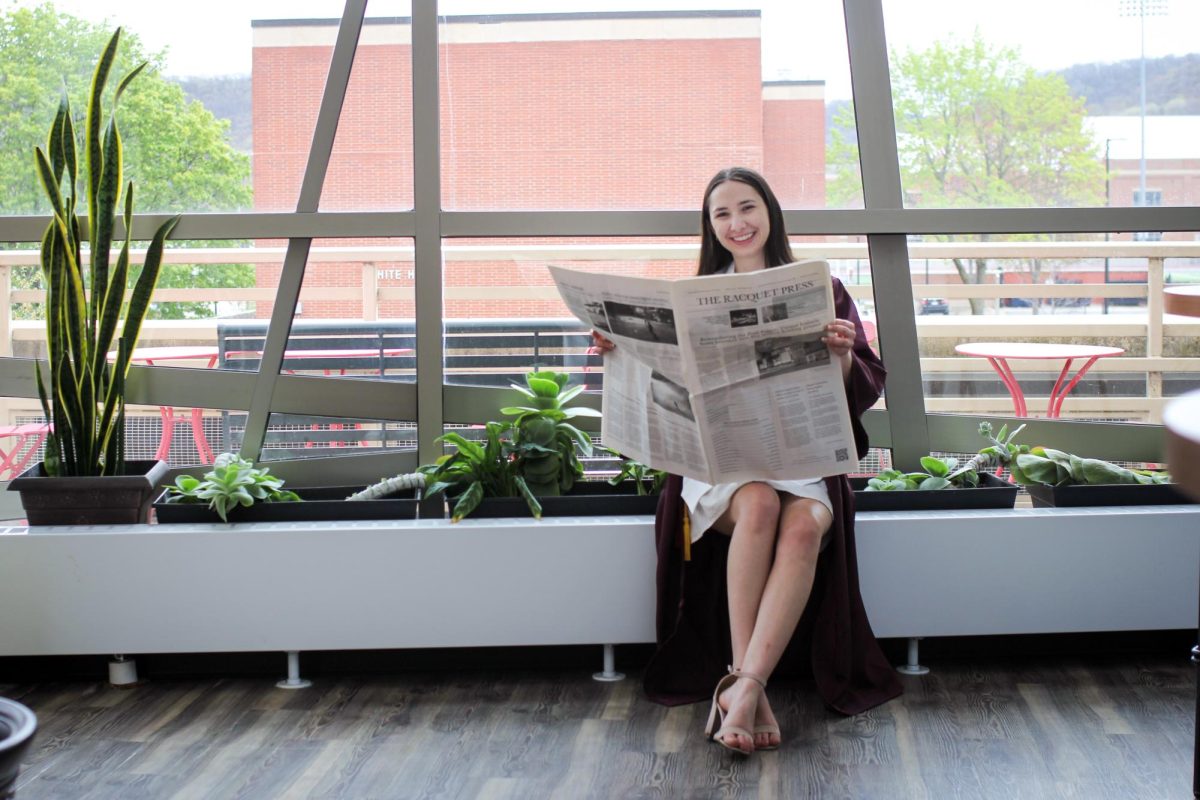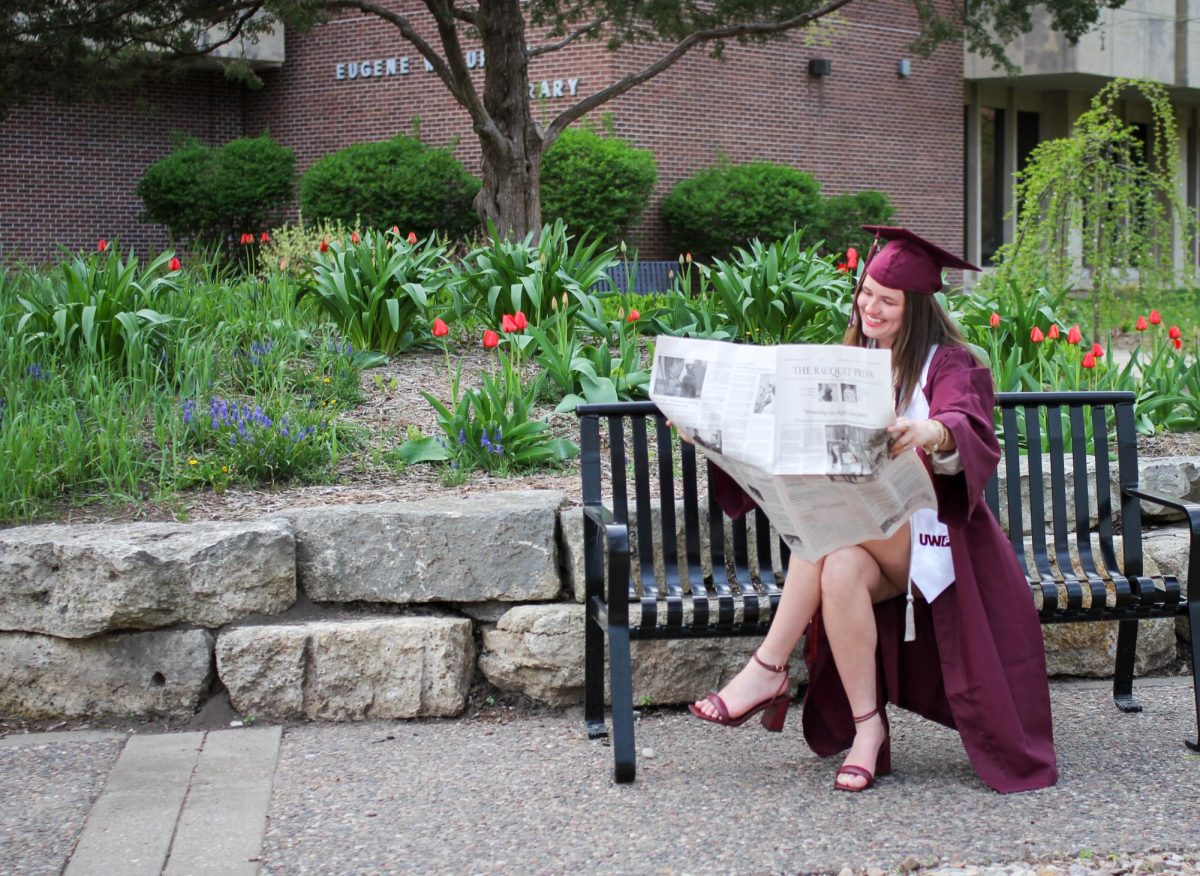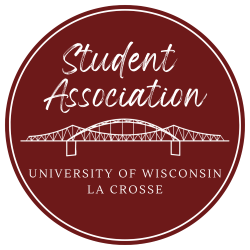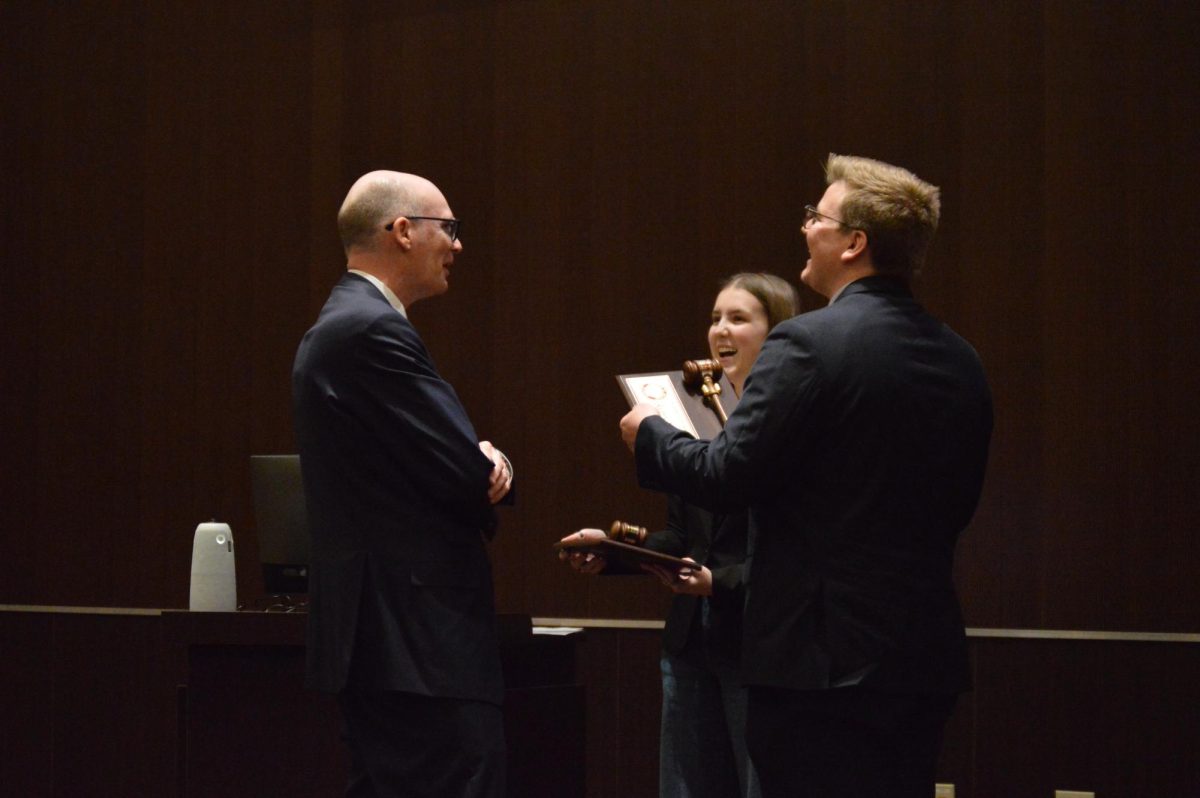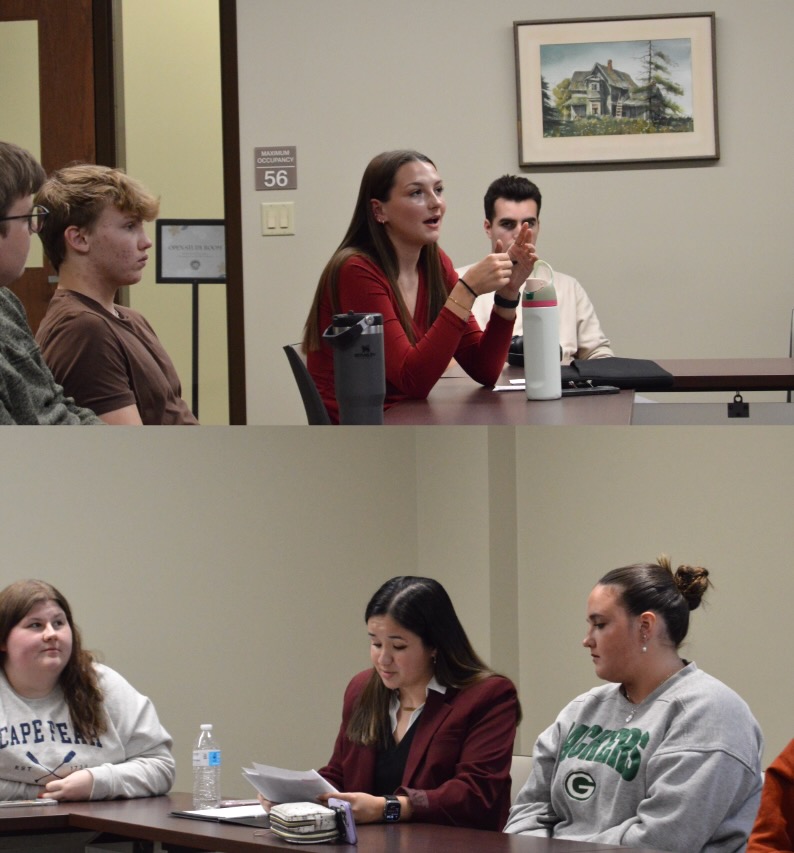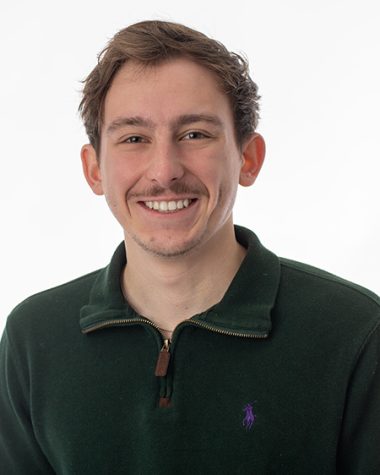Three years ago, in response to the COVID-19 pandemic, the University of Wisconsin-La Crosse introduced “Extended Wellness Weekend” as a day without classes in its academic calendar. This addition aimed to address the burnout and mental health concerns prevalent during the fall semester. Now, Extended Wellness Weekend is cut from the 2024-2025 academic calendar.
The decision to cut Extended Wellness Weekend, made by Faculty Senate, stems from challenges related to certain classes, such as general chemistry and biology with lab components, which meet only once a week and cannot be moved online or rescheduled.
Director of Counseling and Testing Center Crys Champion stated, “I don’t know that anyone on campus was consulted [regarding the removal of Extended Wellness Weekend]. I found out the same way as everyone else.”
Biology professor Bradley Seebach explained how the addition of a day off adds complications to the academic calendar.
“When you take a day out of the normal rotation for normal face-to-face meetings for classes; classes like general chemistry, general biology, classes that have lab elements to them and meet one day per week have little flexibility in making adjustments that are academically useful,” Seebach said.
Deciding to move labs online doesn’t solve the problem either. “If the pandemic taught us nothing else, it taught us that there are some types of learning experiences that you can’t do very effectively online,” Seebach continued.
Extended Wellness Weekend was created in the fall, rather than the spring, because of spring break. Champion said, “We see considerably more students in the fall than we do in the spring… We know that we see more crisis appointments during the fall versus the spring.”
Early last spring, when the discussion of the 2024-2025 calendar was being decided, the Wellness Week Task Force was created to develop a plan for a Wellness Week to be held annually at the mid-point of the fall semester with the inaugural event being held in Fall 2024.
The task force is comprised of five faculty members (one representing lab sciences, one representing disciplines with clinical/field work, one representing the visual and performing arts, and two at-large faculty), five representatives from Student Association (SA) and four representatives from the Division of Student Affairs.
The WWTF did not come out of Faculty Senate with haste. It wasn’t until SA Vice President Flores confronted Faculty Senate Chair Stephan Mann in October of 2023 during a Faculty Senate meeting where she said, “I am sorry if this comes across as short, or blunt, but I am here and I need answers. Why hasn’t this committee met? This is an issue that is incredibly important to students and to SA. We were told that we would be meeting in the spring.”
The first meeting of WWTF began on Nov. 2, where they received charges from Mann. In the meeting, Flores asked, “Is a day off, off the table?” The response from Mann was, “No, nothing is off the table, explore every option.”
The WWTF decided to break into two sub-committees. The first was to leverage relationships with peer UW System institutions and ask them about their current wellness programming around the midpoint of the fall semester.
Currently, three schools in the UW System have breaks at the mid-point of the fall semester: Those schools are UW-Stevens Point, UW-Whitewater and UW-Eau Claire.
It is also important to acknowledge that in Fall of 2023, UW-River Falls was impacted by multiple student and faculty related tragedies throughout their campus and took a break from classes, citing “people over content.”
The second sub-committee’s goal was to create and administer a survey to gather information on the students, faculty and staff.
The survey asks about how the last three years of Extended Wellness Weekend went, what wellness means to them, what they are looking for in wellness programs and if they are interested in a day off. This would allow for the WWTF and other governance groups to make more informed decisions about wellness on campus.
Flores explained, “The second sub-committee would be doing research on the students, faculty and staff here on this campus. So, every single stakeholder here we believe had the same spot at the table and they all deserve to share their feedback. Right now, it seems like faculty are the only ones.”
Champion said, “We are not hearing organically from students that adding things to their calendar is helpful. In fact, we are hearing sometimes that they cannot even feel like they can commit the time to counseling. Let alone to do additional wellness programming.”
Problems began for WWTF when an email sent by Louise Zamparutti, Co-chair of WWTF stated,
“We want to let you know that we recently had a meeting with Interim Chancellor Betsy Morgan regarding the WWTF. The main takeaway from this meeting was that class cancelations or a day/week with no classes is not something we can recommend. Our job is to recommend activities, modifications, services, events, and other things that could promote wellness.”
“Betsy cautioned us against distributing a UWL-campus survey that might give people the idea that a break or a day without classes might be an option. She also advised against sending a survey to other campuses.”
“We understand that some of us might have had a different impression when the WWTF was first convened. In fact, our [charges] don’t clearly state that days off are not an option. However, this was made clear at our meeting with Betsy. Moving forward, we should focus on recommending some fun and relaxing ways to create a week focused on wellness, not class cancellations.”
Joe Anderson, the costume and make-up design faculty in the Department of Theater and Dance left WWTF shortly after the email was sent. He said, “My understanding was that ‘oh this was going to be looking at the potential’ [of wellness weekend]. After the three-year trial of wellness weekend, how could this be more of a permanent thing?”
In the committee meeting, he asked, “Do we have any idea what our students think about this, did they think that what was done in the last three years was useful at all?”
Anderson is aware of the curriculum scheduling problem but is willing to be flexible. He said, “If we really care about the mental health of our student body, and our faculty for that matter, I think we have to look at more creative ways to work that [a day off] in,”
Anderson’s reason for joining WWTF was to advocate for a fall break, not wellness programming. “If it was just going to be to talk about programs that we could do that would alleviate stress in the fall semester I would not have signed up for it because I don’t think that is what is needed… I got the feeling that everyone was caught off guard that way,” he said.
As of now, Feb. 22, WWTF is at a crossroads. SA President Emma Latus said, “I think there is now interest in making it a joint task force under the chancellor’s office so that we can collaborate better and find a solution that works campus-wide and not only a solution that serves faculty, but also that faculty can participate in.”
Latus continued, “In my position, I feel like I have the opportunity to hear many voices around campus. Students have made it clear that this is something that is helpful to them. It is something that they value and that makes a difference in their semester, in their mental health, and I think it makes a difference in education because having time to take care of ourselves makes us better students.”
Champion addressed how students could respond to this change. “Students telling the story of why this [wellness weekend] is important to them, and what this means to them, is important… The other thing that I would encourage students to do is, don’t let this day, whether it is on the calendar or not, make you think that you taking care of yourself is not important… It is important for students to take initiative, taking responsibility, taking some personal awareness of what their wellness could look like.”



